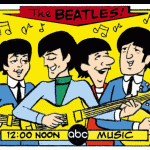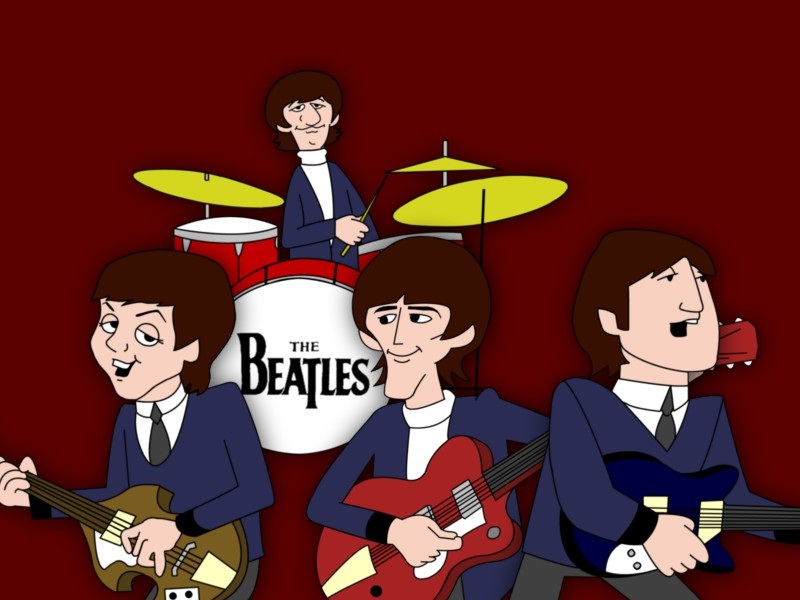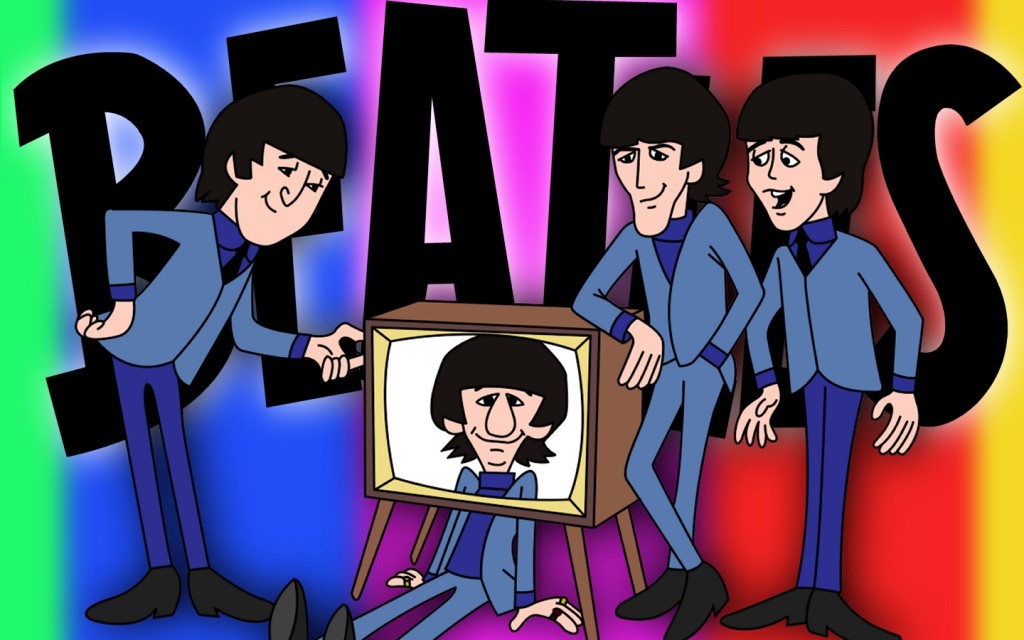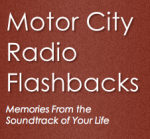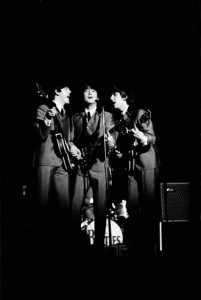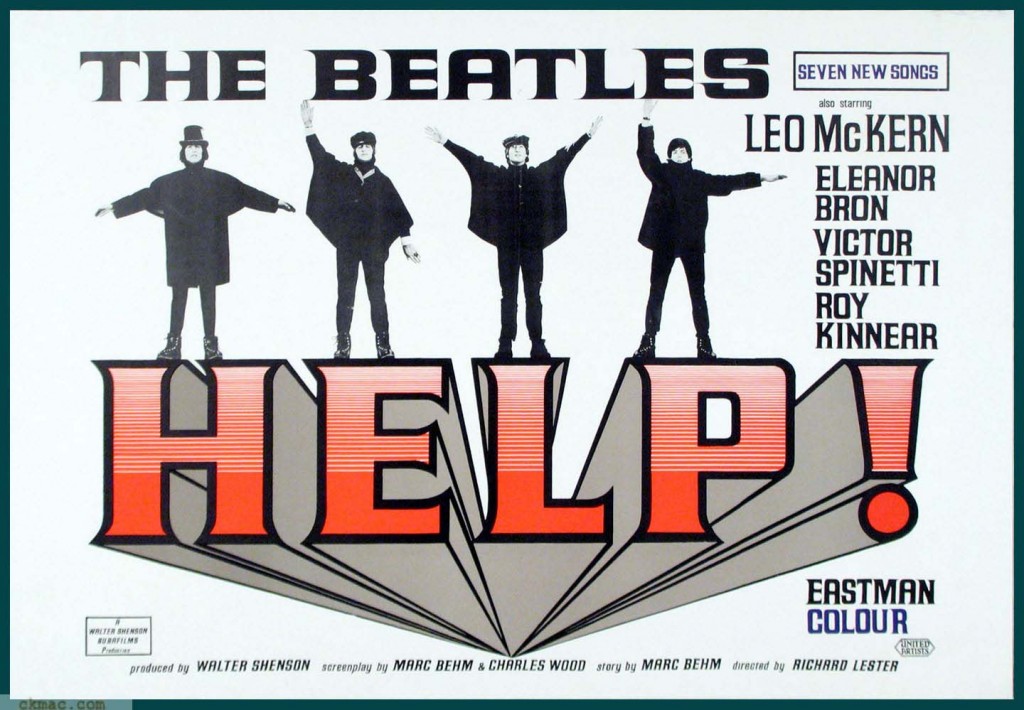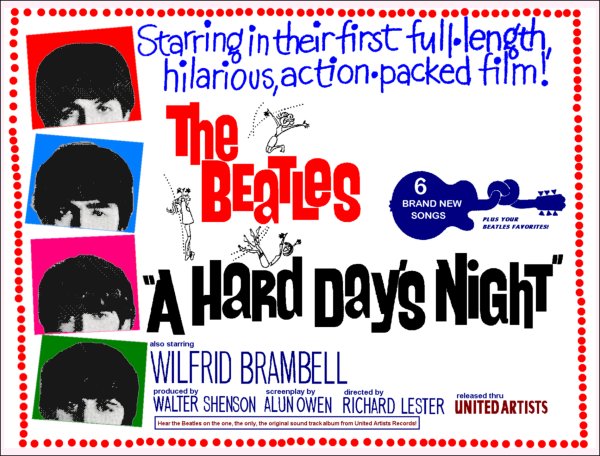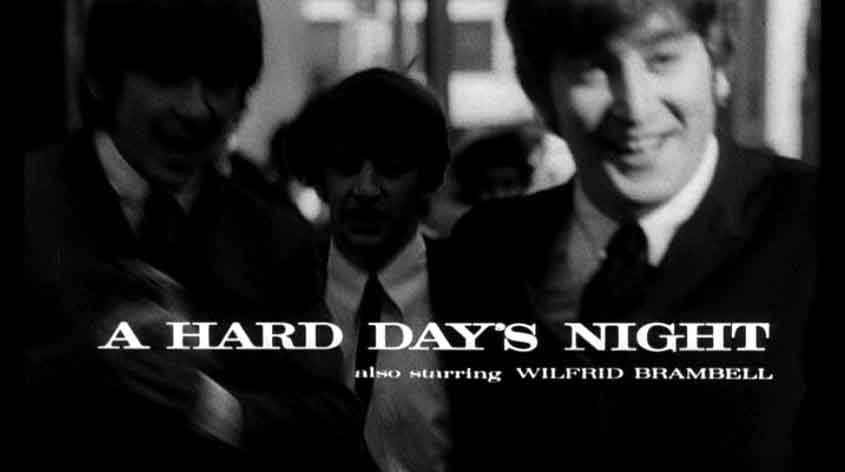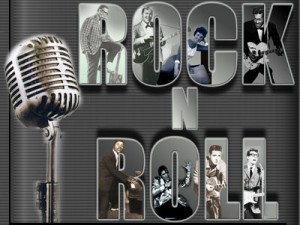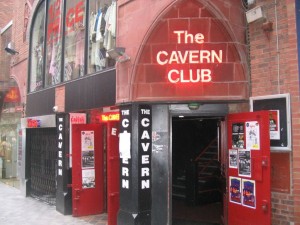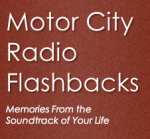 From the MCRFB NEWS archive: 1966
From the MCRFB NEWS archive: 1966
LENNON COMMENTS REGARDING ‘JESUS AND CHRISTIANITY’ SPARKS OUTRAGE, GROUP’S MUSIC AIRPLAY BAN ACROSS U. S.
NEW YORK — The radio ban against playing Beatles’ records, which was begun last week by Tommy Charles and Doug Layton, WAQY, Birmingham, Alabama, has spread across the country, with dozens of stations refusing to program or play recordings by the British group.
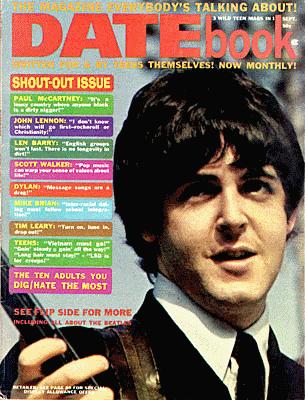
Cause of the controversy is a statement published in a British magazine, Datebook, dated July 29, 1966 and attributed to John Lennon. The statement follows:
“Christianity will go. It will vanish and shrink. I needn’t argue about that: I’m right and I will be proved right. We’re more popular than Jesus now; I don’t know which will go first, rock ‘n’ roll or Christianity. Jesus was right, but his disciples were thick and ordinary.”
At a press conference held here late Friday, August 5, Brian Epstein, Beatles’ manager, said the statement was taken out of context. Epstein explained that Lennon meant “in the last 50 years the Church of England and, therefore Christ, had suffered a decline in interest.”
While the statement, confirmed by a Beatles spokesman, went virtually unnoticed in England, the reaction in this country was immediate.
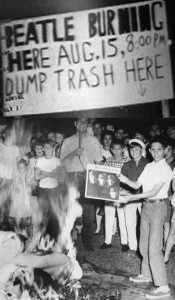
Greater impact has been in the so-called “Bible Belt” which is mainly in the southeast portion of the United States. But the ban has extended to other sections of the country. New York’s WABC has reportedly put Beatles records on the verboten list, but, at press time, the switchboard operator at the station said that not one of the station’s staff members could be reached.
B. J. Williams, deejay at KSWO, Lawton, Oklahoma, called for a Beatles “bonfire” and broke the Beatles’ latest record while on the air.
In Milwaukee, WOKY music director King Kbornik said he would not ban the record until he had seen Lennon’s remarks in print.
The extent of the ban is not known, but a majority of the nation’s radio stations will continue to program Beatles records. The group is scheduled to perform a concert at New York’s Shea Stadium August 23.
A spokesperson for Capitol Records, which issues Beatles recordings under it’s logo in the United States, said Lennon’s remarks were “quoted out of context and misconstrued.” END
___
(Information and news source: Billboard; August 13, 1966)
![]()










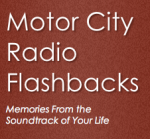 A MCRFB NEWS brief: 1965
A MCRFB NEWS brief: 1965